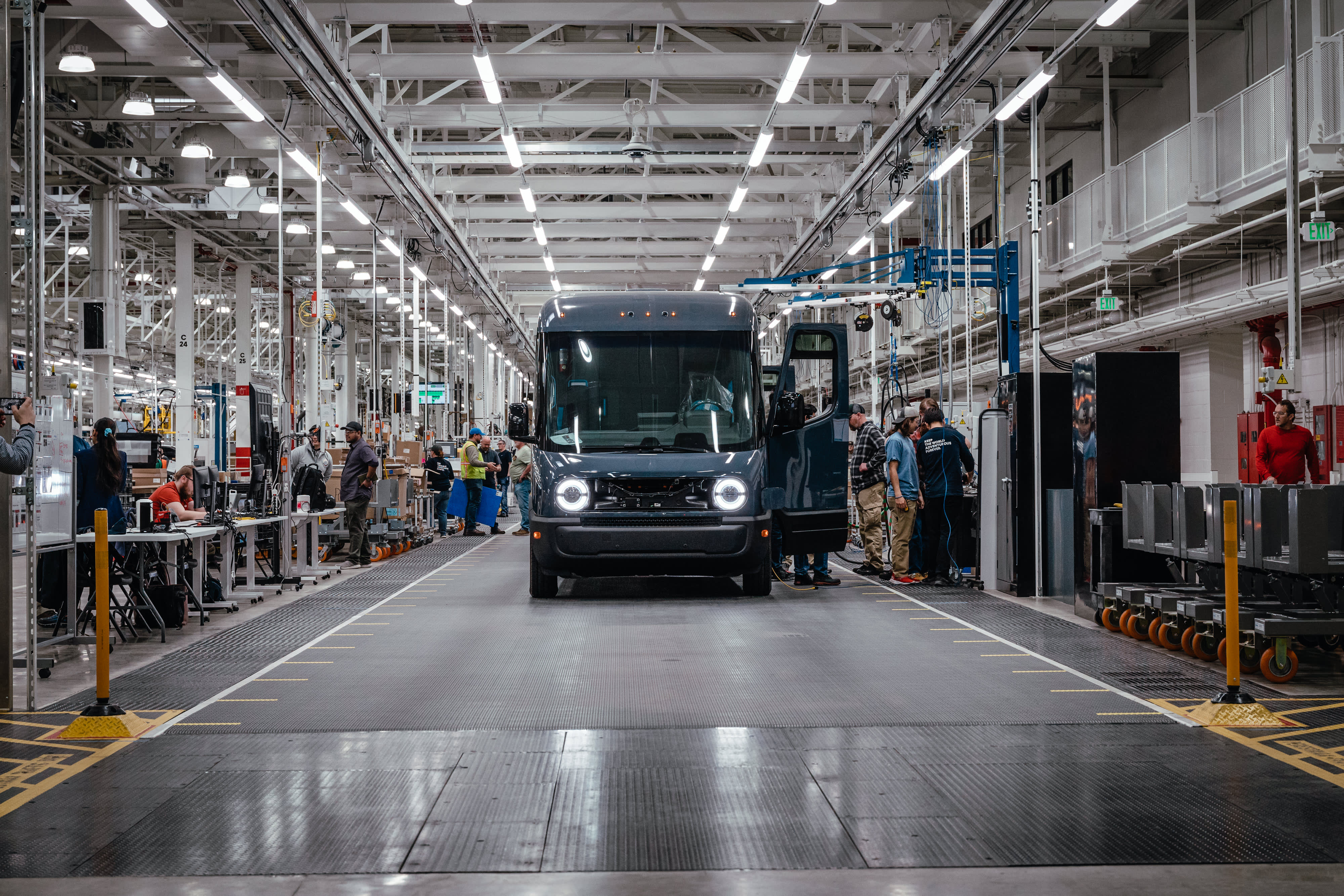Virgin Galactic launched its first spaceflight in nearly two years on Thursday, a key final test for the space-tourism company before it begins flying commercial passengers.
“WE HAVE REACHED SPACE!” Virgin Galactic tweeted, adding roughly 11 minutes later that the spacecraft landed smoothly.
related investing news
Still, Virgin Galactic stock slipped about 4% on Thursday from its previous close of $4.41 a share.
Called Unity 25, the mission represents the company’s fifth spaceflight to date. It launched from Spaceport America in New Mexico and marks a “final assessment” flight, with six Virgin Galactic employees onboard for the short trip to the edge of space.
Virgin Galactic did not publicly livestream the flight unlike the previous one that carried founder Sir Richard Branson in July 2021. Instead, the company provided updates on Unity 25’s progress on social media, as a third-party webcast tracked the launch.
Carrier aircraft VMS Eve took off at about 11:15 a.m. ET, carrying the company’s VSS Unity spacecraft up to an altitude of about 40,000 feet. VMS Eve released the rocket-powered vehicle shortly after noon E.T. for VSS Unity to then fire its engine and climb past 80 kilometers (or about 262,000 feet) —the altitude the U.S. recognizes as the boundary of space. It ultimately hit about 286,176 feet.
Known as sub-orbital, this type of spaceflight gives passengers a couple of minutes of weightlessness, unlike the much longer, more difficult and more expensive private orbital flights conducted by Elon Musk’s SpaceX.
Virgin Galactic previously said it aims to fly its first commercial mission in “late June,” assuming a successful test flight on Thursday.
VSS Unity was piloted by Virgin Galactic’s Mike Masucci and CJ Sturckow, while carrier aircraft VMS Eve was flown by Jameel Janjua and Nicola Pecile. Rounding out the Unity team in the passenger cabin were chief astronaut instructor Beth Moses, astronaut instructor Luke Mays, senior engineering manager Christopher Huie and senior manager of internal communications Jamila Gilbert.
“New Mexico, you are even more enchanting from space,” said Gilbert, in reference to the state’s motto, Land of Enchantment. “I flew to space just one hour from the street I grew up on. It is hard to put into words what this experience was like, but I’m sure I’ll spend the rest of my life trying. I’m not only honored to be one of the first 100 women and one of 16 Hispanic and Latinx people to go to space, I’m also incredibly proud to represent the community from where this new space age is blossoming.”
A crucial moment
Unity 25 represents a crucial moment in the history of Virgin Galactic, which has suffered repeated setbacks and years of delays in developing its spaceflight system.
Branson’s spaceflight in 2021 came after almost 17 years of work — and over $1 billion of investment. Before that, the spacecraft’s development saw several disasters, including a rocket engine explosion on the ground in 2007 that killed three employees of Virgin Galactic contractor Scaled Composites, as well as the crash of the first SpaceShipTwo vehicle, VSS Enterprise, in 2014 that killed Scaled co-pilot Michael Alsbury and injured pilot Peter Siebold as they were performing a test flight of the Virgin Galactic-owned spacecraft.
After Branson’s spaceflight, Virgin Galactic paused operations for a longer-than-expected refurbishment period while the company worked on its spacecraft and carrier aircraft, following a federal investigation into a mishap during his trip. The refurbishment process was intended to take about eight to 10 months, but in the end took nearly 16 months.
Virgin Galactic has yet to generate meaningful revenue, and needs to be flying spaceflights regularly in order to do so. While the company has nearly $900 million in cash and securities on hand, its quarterly cash burn continues to climb as it invests heavily in expanding its fleet of spacecraft.
What’s more, the company needs to bring to market its future Delta class to fly weekly flights, but those spacecraft aren’t expected to begin flying until 2026.
VSS Unity is designed to hold up to six passengers along with the two pilots. The company has 600 reservations for tickets on future flights, sold at prices between $200,000 and $250,000 each. It reopened ticket sales in 2021, with pricing beginning at $450,000 per seat.


